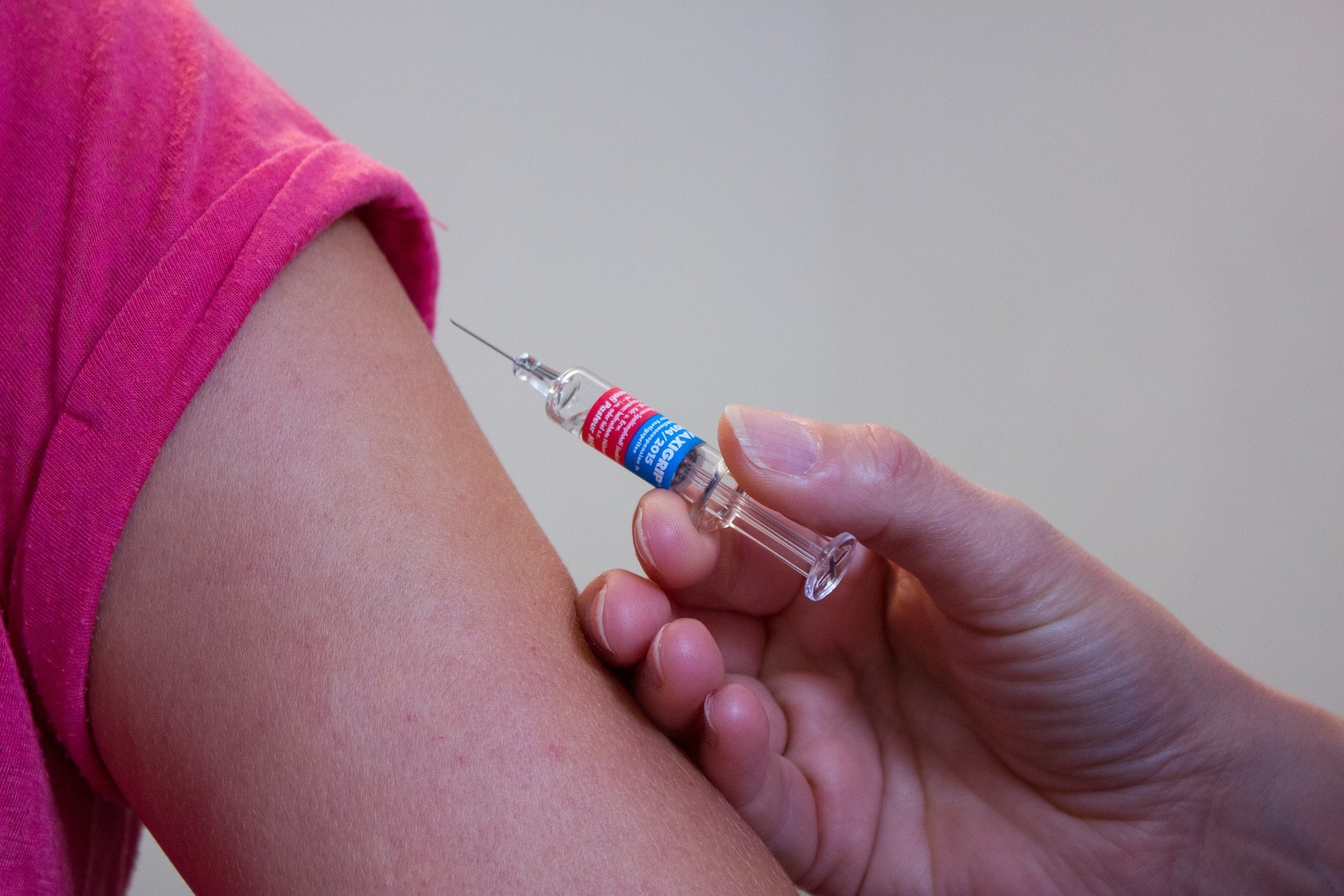 Last Monday was a big day for the stock market...
Last Monday was a big day for the stock market...
And it wasn't due to the major news networks calling the presidential race. Even though everyone was watching news about the election all week and weekend, the real reason for optimism had to do with the coronavirus.
Early in the morning, Big Pharma firm Pfizer (PFE) announced it had received positive results from its vaccine trial. Its candidate was determined to be more than 90% effective – well above what the U.S. Food and Drug Administration ("FDA") was seeking and what investors were expecting.
A frenzy of investor excitement erupted... Many folks think that we may finally be seeing the light at the end of the tunnel. The broad market opened significantly higher, approaching a 5% gain early in the day. And yet, not all stocks saw the same level of gains...
The stocks hit hardest by the pandemic were up the most. Stocks of companies like hotel giant Hilton (HLT) and airliner American Airlines (AAL) ended the day up more than 10%... while shares of cruise ship operator Royal Caribbean (RCL) were up more than 25% and AMC Entertainment (AMC) was up more than 50%.
However, many of the "At-Home Revolution" names we've been talking about for months here at Altimetry Daily Authority struggled. Video-conferencing tool Zoom Video Communications (ZM), exercise-equipment company Peloton (PTON), and streaming giant Netflix (NFLX) were all down big on the day.
These companies saw big gains in their stocks as people holed up inside their homes during the pandemic. With a possible end to the crisis now in sight, investors are now wondering if time is running out for these firms and their outsized profits and growth.
 We think folks may have been getting ahead of themselves...
We think folks may have been getting ahead of themselves...
The first reason why is a classic issue investors have with this type of news. It's what Altimetry Director of Research Rob Spivey calls the "history book" issue.
For example, the Great Depression may only take up one chapter in a history book. Even if you had an entire book about the crisis, it might take you less than a week, or even a day, to read it. The time it takes you to get from 1929 to 1933 might be a few hours or chapters at the most.
However, the Great Depression lasted for roughly a decade, depending on the country. Living through it was a much different experience when you didn't know what was coming next. Context is a powerful tool.
The same goes for the medieval Hundred Years' War. It may not even fill up an entire chapter of a European history book. But the war lasted for more than century (116 years, not 100), with many twists and turns along the way.
Reading a textbook may give the illusion of a clear understanding of these events... but it's much different than living through them. When we think of current events in the context of history, we extrapolate news to lead to follow-on events quickly.
The reality is that things can take a lot longer to reach their "logical" conclusion... and it's often a bumpy ride.
 We don't know everything about the coronavirus vaccine yet...
We don't know everything about the coronavirus vaccine yet...
We know the Pfizer trial had a high efficacy level. However, we don't know when the vaccine will be available or if the data could change in coming weeks or months. There will be a lot more time between this news and real developments than people are extrapolating, considering how the market has reacted.
Additionally, coronavirus isn't going away anytime soon. Cases continue to rise in the U.S. and across the globe. This vaccine or one of the other candidates might not be available for most of the U.S. (let alone world) population until mid- or late 2021, or even later. There's also a question of whether people will take a vaccine and how long immunity will last.
When considering all these questions and overhangs, the market has likely been too excited. Many of the trends the pandemic has unlocked are here to stay.
Since the recovery is going to take longer than investors may be hoping, companies in industries that have been punished are likely to continue to suffer for some time. This means it's not time to have a "dash to trash" and buy beaten-down companies with high credit risk in the hope they will survive.
Instead, investors should still be selective. Companies will still need to make it through the coming months. Businesses in travel and other industries have been laid low and might still go under.
 Of course, all this doesn't mean that the positive vaccine news isn't exciting...
Of course, all this doesn't mean that the positive vaccine news isn't exciting...
We're cheering for an end to the pandemic and a return to normalcy. But investors who let their hearts and hopes guide their investments are the ones who end up losing money.
While it's justified to hope for the best with the positive vaccine news, it's necessary to think about the context... and what it really means for your portfolio before reacting.
 Keep in mind that the At-Home Revolution is far from over...
Keep in mind that the At-Home Revolution is far from over...
While working at home may not always be as widespread as it is currently, it's not going away. As a great example of this, we here at Altimetry will shift to a "hybrid" model...
Even after everyone can return to work, we're mandating that people work from home at least part of the time. It will save us costs on office space and enable people to be more productive when they just need to put their heads down and work.
Similarly, investments people have made in their homes and in experiences – like new boats, better golf equipment, and home additions – are likely to lead to structural changes in how people spend their time.
People can become anchored on how much they've already spent on something, which leads them to spend more on it even if it might make sense to spend money elsewhere.
The At-Home Revolution and consumer changes in spending are likely to persist. This means strong cash flows for the winners of this trend for longer than people and the market may fully comprehend.
Investors can still make big gains by following this trend... but it's more critical than ever to be selective.
In Altimetry's Hidden Alpha, we've identified the likely winners. Their stocks have even greater upside due to the distortions inherent in as-reported accounting... and they're primed to continue winning even after the pandemic recedes – learn more here.
Regards,
Joel Litman
November 16, 2020



 Last Monday was a big day for the stock market...
Last Monday was a big day for the stock market...

